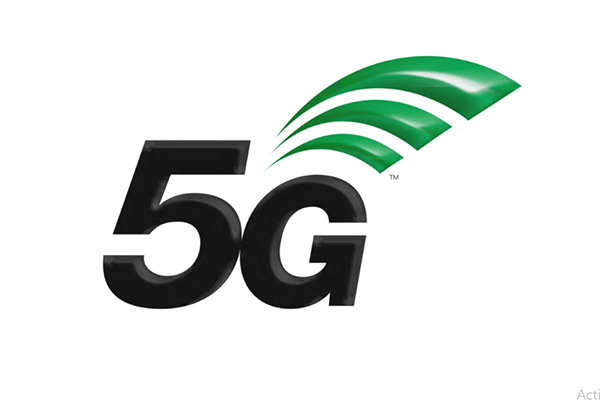What is 5G and how is it different from 4G (LTE)?
Fifth-Generation wireless or 5G, is the next generation of mobile internet connectivity, promising faster download & upload speeds, more stable connections, and widespread network coverage. 5G will allow for data transmitted over wireless connections to travel up to 20GB per second. How is this possible? 5G technology makes better use of the radio spectrum, enabling numerous devices to access mobile internet at the same time. With high data rates, reduced latency, and massive device connectivity, 5G is going to change the pace of how humans consume and interact with the internet!
With high data rates, reduced latency, and massive device connectivity, 5G is going to change the pace of how humans consume and interact with the internet!
Currently, 4G networks utilize frequencies below 6GHz compared to 5G, which is set to work on much higher frequencies ranging from 30GHz to 300GHz. Higher frequencies allow for a larger data capacity thus producing lightning-fast speeds. Generally, higher frequencies are less cluttered with existing cellular data and can be used to increase bandwidth demands in the future. The main issue with the current 4G towers is that they fire data all over, in every direction, wasting a good chunk of energy to areas that aren’t requesting access to the internet. Comparatively, 5G utilizes smaller antennas that produce shorter wavelengths and disperse data more precisely.
5G is set to launch in 2019 -What should we expect?
More than half the globe’s population is online, making data an essential human need in the 21st century.
5G will first take hold in developed countries and large cities, allowing for 4G (LTE) technologies to spread even further. Remember the 4G rollout? The technology was first launched in major cities, while rural areas had no coverage or spotty coverage at best. Luckily, It’s been a while since we’ve seen the dreaded 3G symbol at the top of our phones and that’s because 4G has finally taken over – in most areas.
With the upcoming rollout of 5G, the same exact thing will happen. 5G will be available first in large cities and municipalities, but instead of being downgraded to 3G or GSM/EDGE when we leave the city, we’ll have widespread 4G (LTE) coverage. No longer will those who live in rural areas be subject to slow and impossible-to-use speeds. Those residents will have the same speeds and coverage that we currently take for granted in large cities. The rise of 5G will ultimately lead to a rise in higher data speeds everywhere, speeding up the technological development of the world as a whole.
How will 5G affect the tech industry?
Unless you’ve been hiding under a rock, there’s a good chance you’ve heard of autonomous vehicles. Almost every car manufacturer is working to push out fully electric and autonomous vehicles to the masses. Technologies such as lane-keep assist, adaptive cruise control, and Tesla’s famous ‘Autopilot’ are all examples of partially autonomous systems, but what about cars that are fully autonomous? This is where 5G comes in. 5G provides for high data speeds and low latency, crucial factors for a car that’s speeding down the highway at 75 mph. The ability for cars to utilize these lightning-fast networks to communicate with other cars and AI systems will allow for the fully autonomous revolution to finally take hold and deliver more passengers to their destinations safely.
Like fully autonomous vehicles, mobile devices will reap the benefits of the rising speed and connectivity around the globe. Virtual Reality is predicted to begin grabbing a large market share in 2019, allowing for immersive experiences to be possible anywhere & anytime, ultimately changing the way we consume and interact with the internet. Reports by Singularity suggest that by 2020, most devices will have a nano-chip integrated into them, taking human interaction to another level. It is predicted that anything from jewelry to watches and electronic appliances to our automobiles, will be connected to the internet, exponentially increasing our demand for data.
We don’t know how fast and how far spread the 5G rollout will be, but now is time for developers and tech entrepreneurs everywhere to start imagining the endless possibilities it will enable.

Leave a Comment